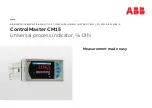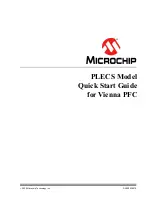
CHAPTER 11 FCAN CONTROLLER
530
User’s Manual U14492EJ3V0UD
11.7 Protocol
FCAN is a high-speed multiplex communication protocol designed to enable real-time communications in
automotive applications. The CAN specification is generally divided into two layers (physical layer and data link
layer). The data link layer is further divided into logical link control and medium access control. The composition of
these layers is illustrated in Figure 11-6 below.
Figure 11-6. Composition of Layers
Application layer
Physical layer
Data link
layer
·
Logical link control (LLC)
·
Medium access control (MAC)
Not applicable
Message and status handling rules
Protocol rules
Signal level and bit expression rules
Higher
Lower
11.7.1 Protocol mode function
(1) Standard format mode
2032 different identifiers can be set in this mode.
The standard format mode uses 11-bit identifiers, which means that it can handle up to 2032 messages.
(2) Extended format mode
This mode is used to extend the number of identifiers that can be set.
• While the standard format mode uses 11-bit identifiers, the extended format mode uses 29-bit (11 bits + 18
bits) identifiers which expands the amount of messages that can be handled to 2032
×
2
18
messages.
• Extended format mode is set when “recessive (R): recessive in wired OR” is set for both the SRR and IDE
bits in the arbitration field.
• When an extended format mode message and a standard format mode remote frame are transmitted at
the same time, the node that transmitted the extended format mode message is set to receive mode.















































